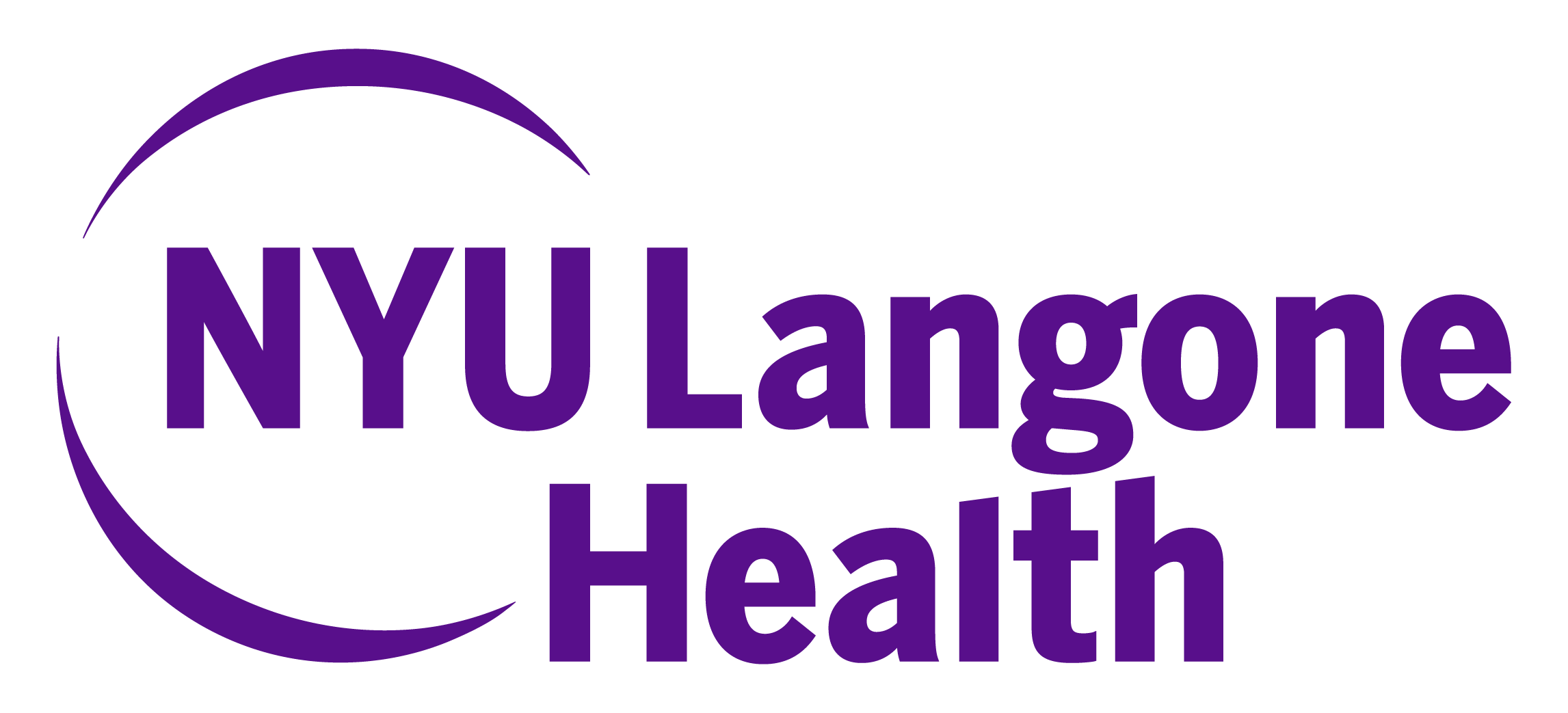- Advertise
- About OncLive
- Editorial Board
- MJH Life Sciences brands
- Contact Us
- Privacy
- Terms & Conditions
- Do Not Sell My Information
2 Clarke Drive
Suite 100
Cranbury, NJ 08512
© 2025 MJH Life Sciences™ and OncLive - Clinical Oncology News, Cancer Expert Insights. All rights reserved.
Dr. Abdul-Hay on the Use of BiTEs in ALL
Mohammad Maher Abdul-Hay, MD, an assistant professor in the Department of Medicine; director of the Clinical Leukemia Program in NYU Langone Health’s Perlmutter Cancer Center; and associate director for research in the Bellevue Cancer Center, discusses the use of bispecific T-cell engagers (BiTEs) in acute lymphoblastic leukemia (ALL).
Mohammad Maher Abdul-Hay, MD, an assistant professor in the Department of Medicine; director of the Clinical Leukemia Program in NYU Langone Health’s Perlmutter Cancer Center; and associate director for research in the Bellevue Cancer Center, discusses the use of bispecific T-cell engagers (BiTEs) in acute lymphoblastic leukemia (ALL).
BiTEs are a novel drug class that were first investigated in ALL, says Abdul-Hay. In ALL and other malignancies, the immune system cannot recognize the leukemic cells, adds Abdul-Hay. However, the drug attaches to the patient's T cells and uses the immune system to attack B cells and kill cancer cells.
Notably, BiTEs are less toxic than other therapies; however, because they hyperactivate the immune system via T-cell activation, they have a different safety profile than chemotherapy. One of the adverse events associated with these therapies is cytokine release syndrome (CRS), which occurs when the T cells and memory cells release inflammatory cytokines. Symptoms include fever and low blood pressure, depending on the grade of the CRS, says Abdul-Hay. Patients who can get past the CRS tend to tolerate the treatment fairly well, concludes Abdul-Hay.


